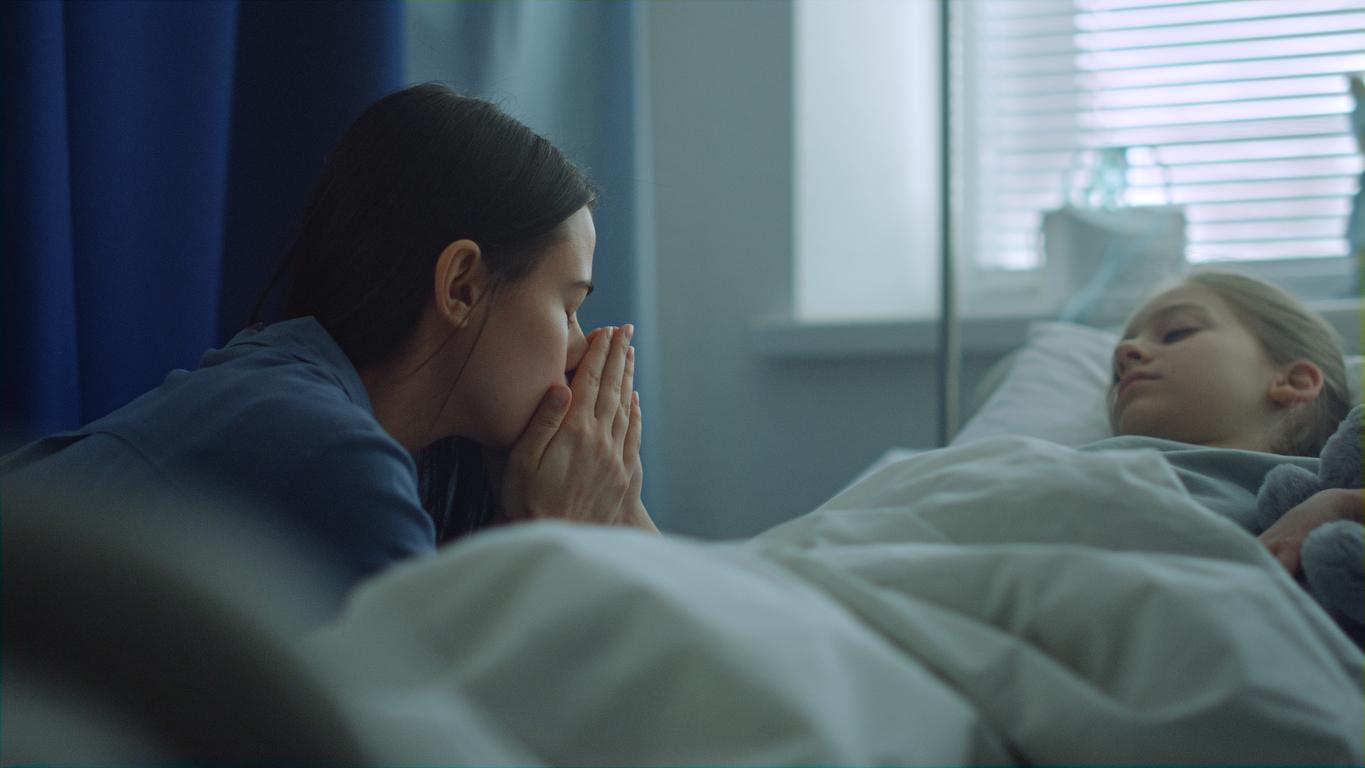After two deaths caused by bacterial meningitis, the ARS Bourgogne-Franche-Comté is continuing the vaccination campaign in the university.

Since the beginning of January, the Multiplex room of the University of Dijon has seen candidates for vaccination scroll. After the death of two students since October, including one from the economy and management department at the end of December, the Regional Health Agency (ARS) Bourgogne-Franche-Comté launched a major immunization campaign against meningococcal meningitis, in during which 30,000 students and staff of the establishment are targeted.
So far, more than 13,000 people have been vaccinated since January 4, and the start of the procedure, the ARS said in a statement on Friday.
Vaccination continues until the end of March
At the beginning of January, the campaign opened on the economy and management pole, where a thousand students received an injection. Then, since January 9, between 8 and 10,000 students and staff of the Droit-Lettres building were concerned. Since the 20th, coverage has been extended to all campus members.
The vaccination center, installed at the Multiplex, will be closed from Monday, and for a week, specifies the ARS. It will only reopen the following week, before closing definitively. Thereafter, the vaccination will continue, always free of charge, until the end of March. This will require going either to the university health center or to the departmental vaccination center. For any information, a hotline has been set up, Monday to Friday, 9 a.m. to 5 p.m., on 0 805 200 550.
Close contact with 48 people
Suffering from a sudden meningitis, a student had died on December 31, 2016. The doctors had declared her death thirty minutes after her admission to the emergency room of the CHU of Montélimar (Drôme). At the end of December, the agency had alerted to the risks of contagion, specifying that it had “identified 48 people” who had “close and repeated contact with the student to recommend antibiotic prophylaxis” and “invite them to be vaccinated” . As a precaution, the vaccination had been extended.
Meningococcus is a very fragile germ that does not survive in the environment, but is transmitted through saliva. Inflammation of the meninges is often linked to an infection of these envelopes by a virus or a bacterium (more rarely a fungus or a parasite). Meningitis can occur at any age, but it particularly affects children and adolescents.
In adults and older children, meningitis most often results in a combination of signs called “meningeal syndrome”. This most often combines: severe headaches (“headaches”), stiff neck, high fever, intolerance to light (“photophobia”) and nausea or vomiting. If in doubt, consult quickly.
Invasive meningococcal infections are relatively rare in France. In 2015, 469 cases were still notified, and 53 deaths were recorded, according to the National Institute for Public Health Surveillance (InVs).
.
















